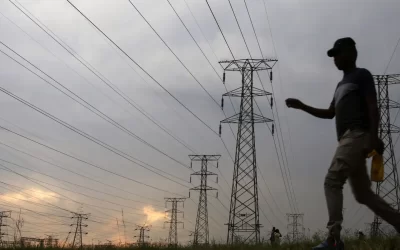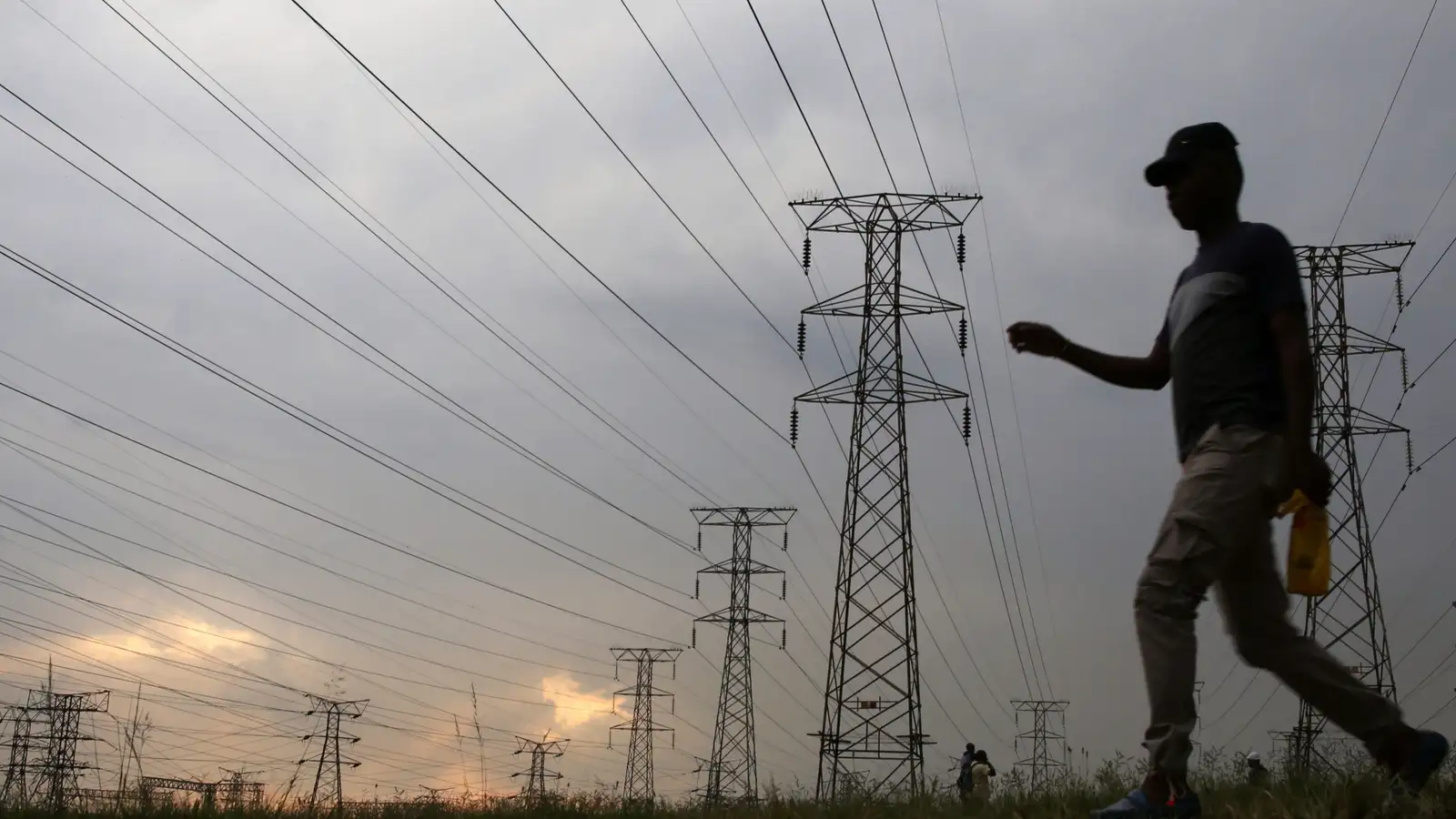Moody’s Downgrades Kenya’s Credit Rating After Finance Bill 2024 Collapse

Moody’s Downgrade: A Wake-Up Call for Kenya
Moody’s Investors Service downgraded Kenya’s credit rating from B3 to Caa1 after the Finance Bill 2024 failed to pass. This bill aimed to increase government revenue but was abandoned due to public opposition and concerns about its economic impact. As a result, Kenya’s fiscal deficit is projected to rise to 4.6% of GDP, sparking fears about the country’s debt sustainability.
Public Pressure and Government Response
The government faced immense pressure from the public, who protested against the proposed tax increases. To address these concerns, the government scrapped the Finance Bill and announced expenditure cuts totaling over KSh 170 billion. However, Moody’s cautioned that these austerity measures might further harm Kenya’s creditworthiness and make it more challenging to attract foreign investment.
Impact on External Funding and IMF Relations
The failure of the Finance Bill and the subsequent credit rating downgrade complicate Kenya’s relationship with international lenders, particularly the International Monetary Fund (IMF). The Finance Bill was designed to raise approximately KSh 346 billion, which was crucial for meeting the IMF’s conditions for a US$ 976 million funding package. Delays in securing this funding could force the government to rely more heavily on domestic borrowing, which is often more expensive and less stable.
Domestic Borrowing Challenges
With the tightening of domestic financing conditions, Kenya might face higher borrowing costs and shorter maturities for Treasury Bonds, increasing the risk of refinancing debt. This scenario could lead to a higher interest burden on the national budget, making it even more challenging to manage fiscal policies and stabilize debt levels.
Austerity Measures and External Shocks
Implementing austerity measures in Kenya’s current economic environment is fraught with challenges. The country is vulnerable to external shocks, such as crop failures and natural disasters, which can increase spending requirements unexpectedly. Moody’s projects that Kenya’s interest-to-revenue ratio could rise to 33%, exacerbating the fiscal difficulties.
Revenue Collection Obstacles
The Kenya Revenue Authority (KRA) reported a year-on-year increase in revenue collections of 9.5%, yet it still fell short by about KSh 250 billion. This shortfall highlights the difficulty of raising revenue in an economy where businesses are struggling due to high taxes, layoffs, and closures. Public resistance to tax increases also underscores the widespread economic hardships and a lack of trust in the government’s ability to manage resources effectively and curb corruption.
Broader Implications for Kenya’s Economy
Moody’s downgrade of Kenya’s credit rating has significant implications for the country’s economic future. A lower credit rating makes it more expensive for Kenya to borrow money on international markets, which can lead to higher interest rates and increased debt service costs. This situation puts additional pressure on the government to find sustainable ways to manage its finances and stimulate economic growth.
Strategies for Fiscal Stability
To regain fiscal stability, Kenya needs a multifaceted approach that includes improving revenue collection efficiency, reducing corruption, and fostering a more favorable business environment. Strengthening institutions and implementing effective public financial management practices will be crucial. Additionally, the government must balance the need for fiscal consolidation with policies that support economic growth and protect vulnerable populations.
Summary: Navigating the Path Forward
Moody’s downgrade of Kenya’s credit rating is a stark reminder of the challenges the country faces in managing its fiscal policies and debt levels. The government must navigate these challenges carefully, balancing revenue collection with economic stability and public acceptance. By addressing the underlying issues that led to the downgrade, Kenya can work towards restoring investor confidence and ensuring long-term economic stability.











